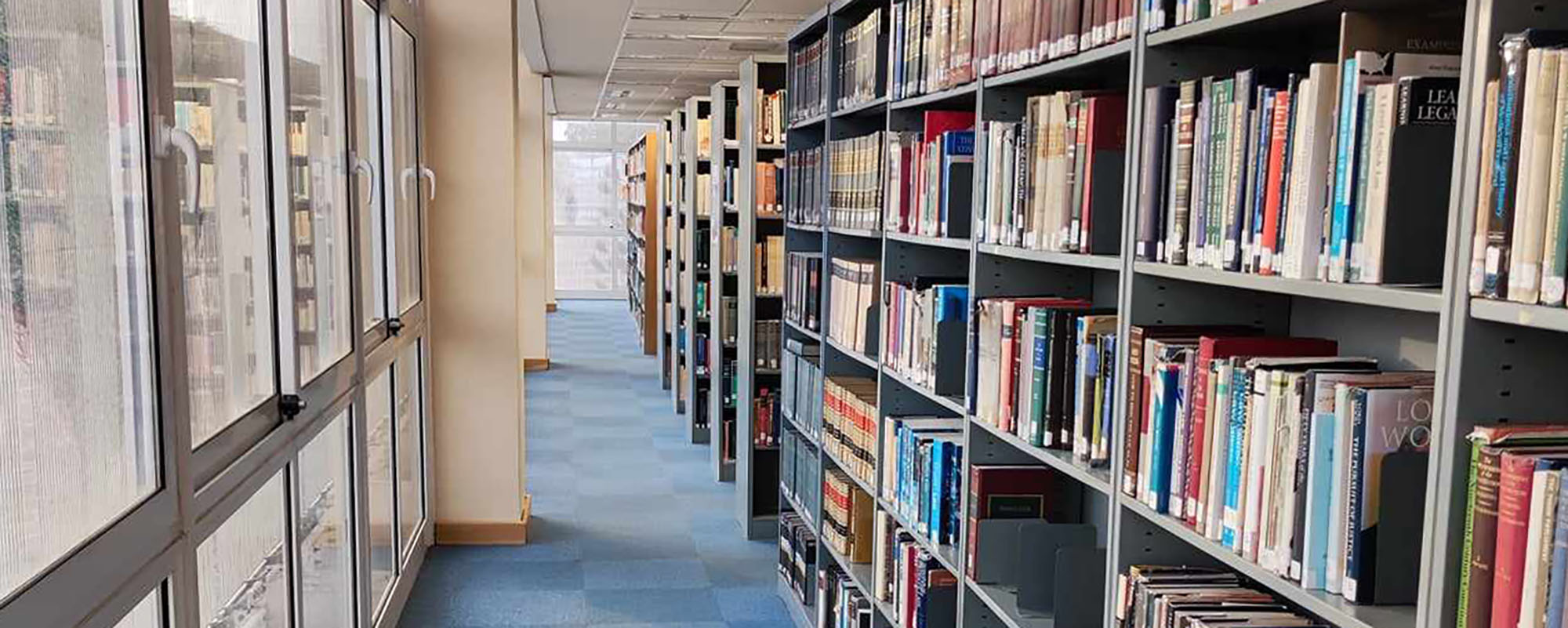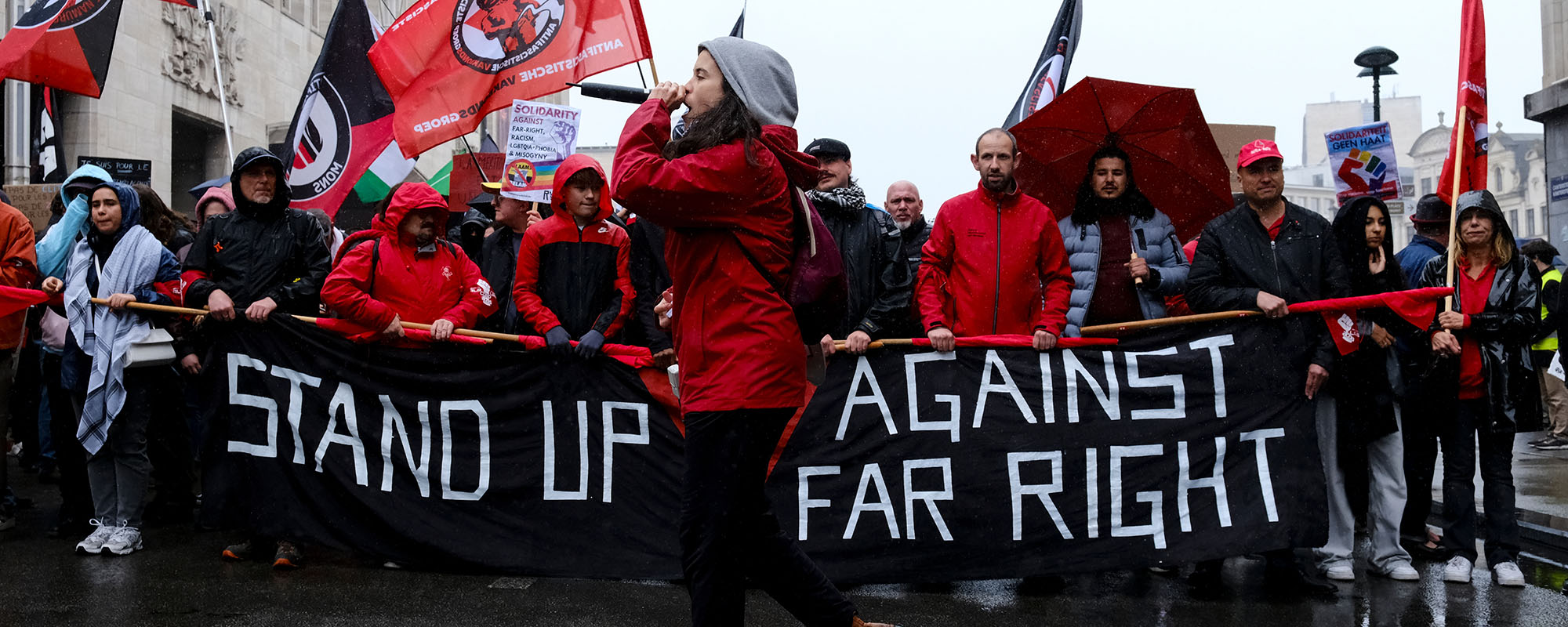The world’s oceans support the lives, economies, and health of societies. When the ocean is in decline, a society will also be in decline. Take the Aral Sea Crisis—destroyed by Soviet-era irrigation projects—where a prosperous society used the sea in an unsustainable manner, degrading this resource and their livelihoods. This cycle of decline needs to be turned into a cycle of recovery.
The Global Ocean Commission Report is trying to restore the ocean’s health and ensure sustainable productivity for years to come. The then Maritime Affairs and Fisheries commissioner Damanaki together with the Global Ocean Commission launched it at a conference in Brussels on 30 June 2014.
The Mediterranean is a large sea with over 200 million people living on its shores. This sea shares many problems that afflict oceans and affect the good quality of life of its inhabitants.
The Global Ocean Commission outlined five drivers of ocean decline. These are the rising demand for resources, technological advances, decline of fish stocks, climate change, biodiversity and habitat loss, and weak governance of the high seas (international waters—over 200 nautical miles from the coast).
“Damage in a faraway place will adversely affect the damage of one’s own waters—especially true for the Mediterranean Sea”
In order to combat the drivers to decline, the report presented eight points that were recommended by the Commission (Global Ocean Commission, 2014). Firstly, to make the oceans sustainable through the United Nations; secondly, to govern the high seas by promoting its care and recovery; thirdly, to end overfishing by removing subsidies on fishing fleets; fourthly, to combat illegal, unreported, and unregulated fishing by establishing uniform enforcement and legislation; fifth, to keep plastics our of the ocean; sixth, to establish binding international safety standards and liability for offshore oil and gas; seventh, to setup a global ocean accountability board to move towards a healthy society; eight, to create a high seas zone that allows the regeneration of fishing stocks. If even some of these ambitious points are achieved they would help stop the ocean’s decline.
The ‘Not in My Backyard’ concept does not work with oceans. Everyone needs to see them as a common good, a shared resource. Damage in a faraway place will adversely affect the damage of one’s own waters—especially true for the Mediterranean Sea.
What gives Malta optimism is that there are very adequate resources to implement the necessary innovations. The Irish EU Presidency in 2013 chaired the negotiations which secured €1.28 billion of EU Funds for Malta under the Multiannual Financial Framework (MFF) from 2014–2020. In addition, University of Malta researchers can now apply for an additional €80 billion of Horizon 2020 funding. This gives us great confidence that the errors of the past can be corrected and a prosperous future ensured for all Mediterranean citizens.






Comments are closed for this article!